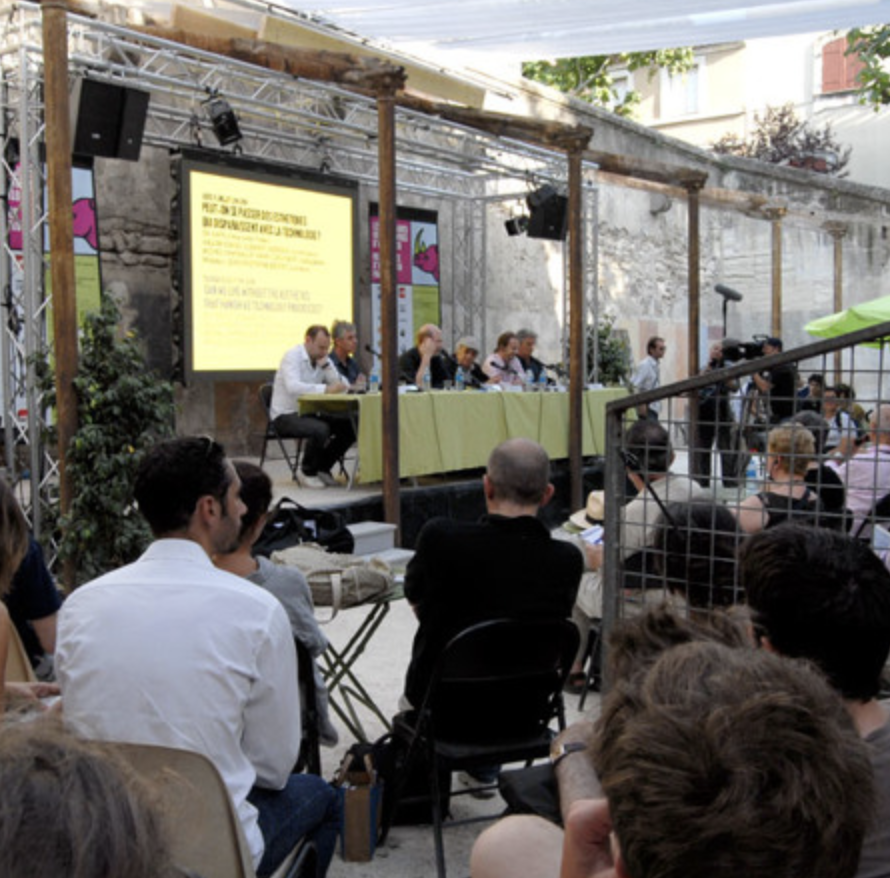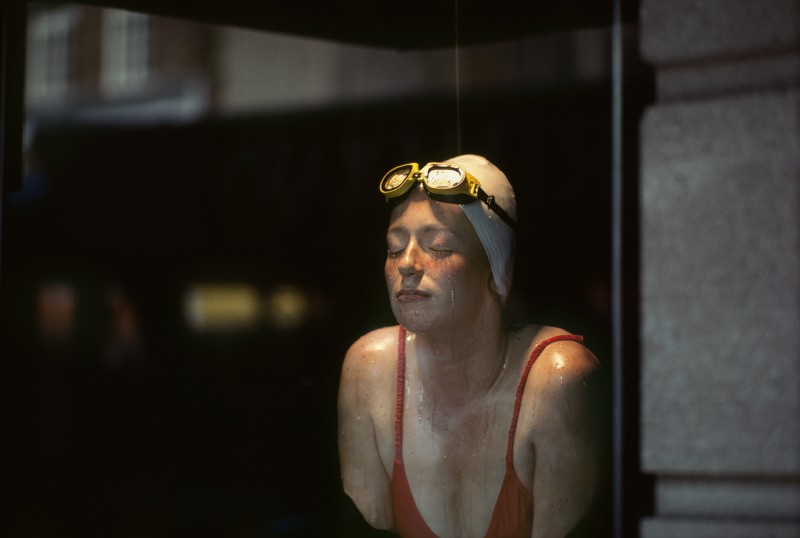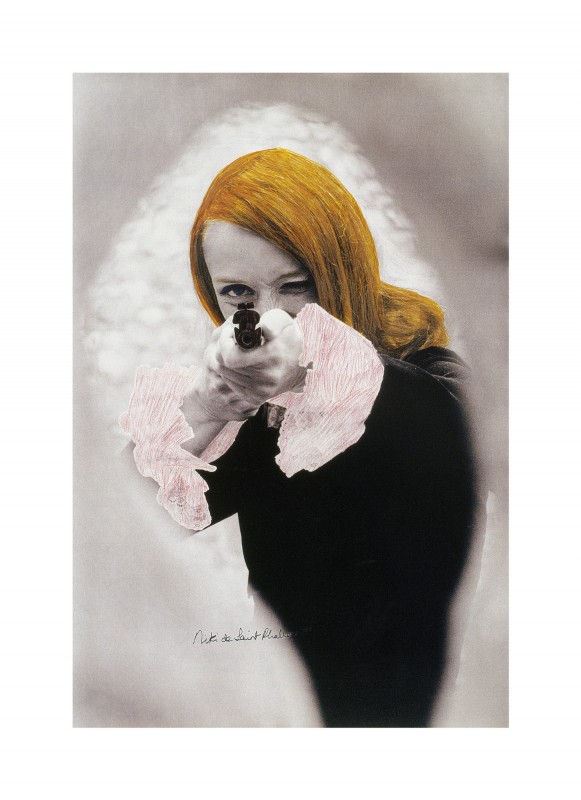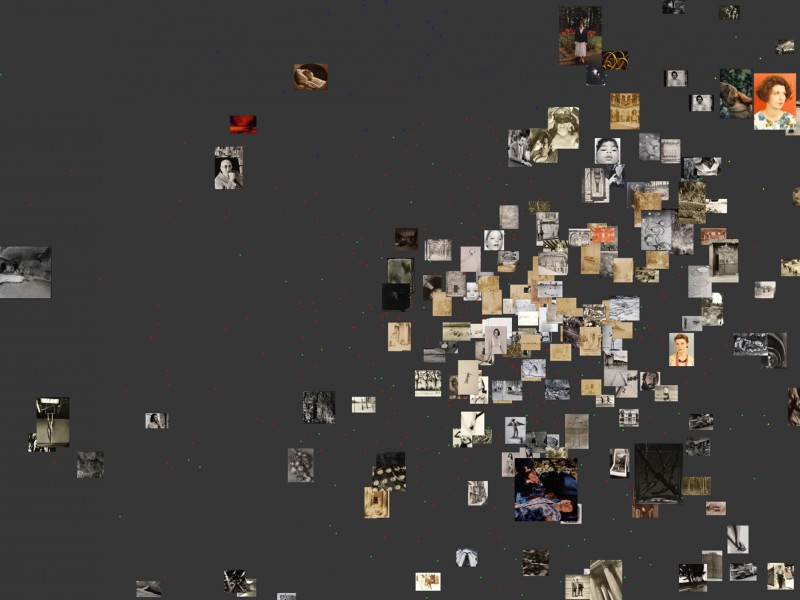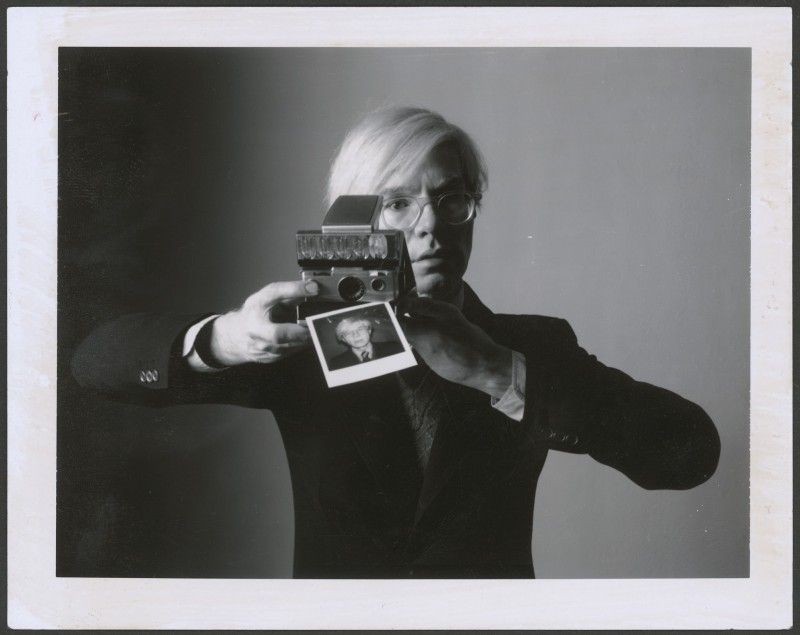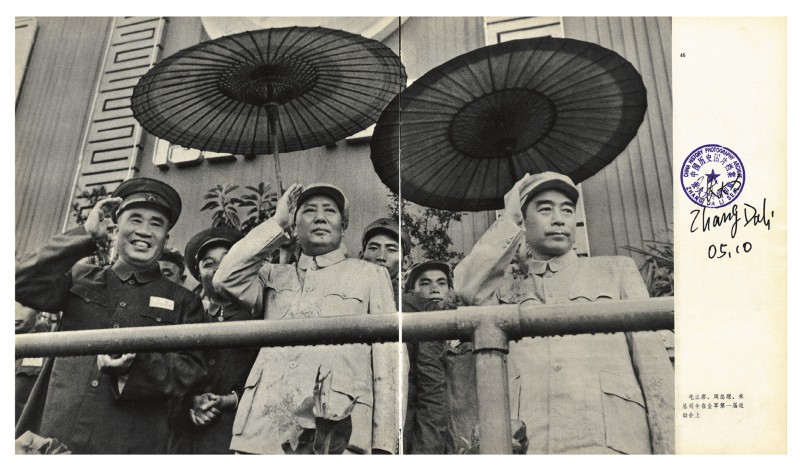Edition 2010
Michel Campeau
The genie of the laboratories darkrooms
Strange, but at the same time so very sensual, Michel Campeau’s Darkrooms series generates an emotion at once sharp and diffuse: an exquisite melancholy. Begun just over four years ago, this project vigorously targets the death foretold of an artisanal form of photography. And while Campeau’s exploration of these precious darkrooms leads him to conclude that they are home to a fundamentally universal ritual, his sampling of their mnemic, personal and cultural traces consolidates the resist- ance, and above all the well-grounded resilience of the master artisans of film photography.
An inveterate defender of the intrinsic truth of the image, Campeau summons us to ‘listen’ to its revelations. In this way he reminds us that in many respects the photographic experience is intimately related to psychoanalysis. After all, is not the darkroom, where more or less deliberately accumulated materials are deployed and disposed, the metaphor par excellence of an unconscious endlessly at work in spite of itself? If so, the darkroom is to the photographer what the consulting room is to the analyst: a space strictly reserved for initiates.
‘Michel Campeau’s images are archaeological—doubly so, in fact: they call on both history and psychoanalysis. In their return to the historical and psychoanalytical origins of photography, they point up all its anachronisms: the technological archaism of its invention in the early 19th century, and the fantasy archaism of its tirelessly re-enacted primal scene. Paradoxically, at the same time as they contribute to the historicisation and psychoanalysis of photography, these images remain an active part of it.’*
Whether produced in total darkness, or with the help of a head lamp, safe lamps or just ordinary bulbs, the images seem to come from somewhere ‘beyond’—somewhere beyond lucidity. Working ‘in the dark’, feeling his way visually according to what his electronic flash provides, Campeau incorporates into his practice a relationship with and references to a meta- physics of touch. In Darkrooms, the author summons us to think about the actual phenomenon of photography: its chemistry, technique, historicity and truth. In doing so he makes it clear that the medium is capable of both self- analysis and self-regeneration. What if photography’s demise could only begin at the moment when there is nothing left to say? In the meantime, and until further notice, it lives on and sticks to its guns.
Céline Mayrand
Michel Campeau was supported by the Conseil des Arts du Canada for this exhibition.
Exhibition produced with the support of the Délégation générale
du Québec in Paris, and the Centre photographique d’Ile-de-France, Pontault-Combault.
Framing by Circad, Paris.
Projections by Olivier Koechlin and François Girard. Music by Dominique Besson.
Exhibition venue: Atelier de Maintenance, Parc des Ateliers.
Strange, but at the same time so very sensual, Michel Campeau’s Darkrooms series generates an emotion at once sharp and diffuse: an exquisite melancholy. Begun just over four years ago, this project vigorously targets the death foretold of an artisanal form of photography. And while Campeau’s exploration of these precious darkrooms leads him to conclude that they are home to a fundamentally universal ritual, his sampling of their mnemic, personal and cultural traces consolidates the resistance, and above all the well-grounded resilience of the master artisans of film photography. An inveterate defender of the intrinsic truth of the image, Campeau summons us to ‘listen’ to its revelations. In this way he reminds us that in many respects the photographic experience is intimately related to psychoanalysis. After all, is not the darkroom, where more or less deliberately accumulated materials are deployed and disposed, the metaphor par excellence of an unconscious endlessly at work in spite of itself? If so, the darkroom is to the photographer what the consulting room is to the analyst: a space strictly reserved for initiates. ‘Michel Campeau’s images are archaeological—doubly so, in fact: they call on both history and psychoanalysis. In their return to the historical and psychoanalytical origins of photography, they point up all its anachronisms: the technological archaism of its invention in the early 19th century, and the fantasy archaism of its tirelessly re-enacted primal scene. Paradoxically, at the same time as they contribute to the historicisation and psychoanalysis of photography, these images remain an active part of it.’ Whether produced in total darkness, or with the help of a head lamp, safe lamps or just ordinary bulbs, the images seem to come from somewhere ‘beyond’—somewhere beyond lucidity. Working ‘in the dark’, feeling his way visually according to what his electronic flash provides, Campeau incorporates into his practice a relationship with and references to a metaphysics of touch. In Darkrooms, the author summons us to think about the actual phenomenon of photography: its chemistry, technique, historicity and truth. In doing so he makes it clear that the medium is capable of both self-analysis and self-regeneration. What if photography’s demise could only begin at the moment when there is nothing left to say? In the meantime, and until further notice, it lives on and sticks to its guns.Céline Mayrand
Michel Campeau was supported by the Conseil des Arts du Canada for this exhibition.
Exhibition produced with the support of the Délégation générale du Québec in Paris, and the Centre photographique d’Ile-de-France, Pontault-Combault.
Framing by Circad, Paris.
Projections by Olivier Koechlin and François Girard.
Music by Dominique Besson.
Exhibition venue: Atelier de Maintenance, Parc des Ateliers.



